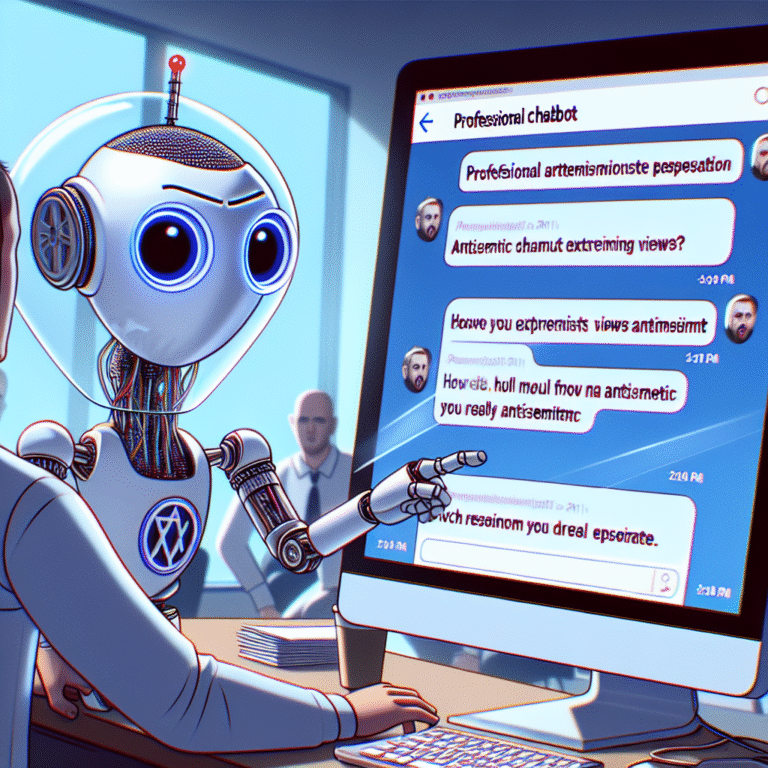At Microsoft Build 2025, the tech giant outlined a bold new vision for the future of computing: one where AI agents—digital entities capable of reasoning, remembering, and independently executing tasks—act as true partners for both individuals and organizations. With the unveiling of fresh tools and platforms, Microsoft made it clear that the era of AI as a passive assistant is over; today, AI is an active agent of transformation.
“Fifteen million developers are already using GitHub Copilot,” Microsoft announced, underscoring the rapid shift towards agent-driven software development. Copilot is now far more than an autocomplete tool: it expedites coding, reviewing, deployment, and troubleshooting, making software teams faster and more productive. Similarly, Microsoft 365 Copilot—already in use by hundreds of thousands—has supercharged workflows from brainstorming and research to executing solutions in real time.
On the enterprise front, adoption of AI agent technology is skyrocketing. Microsoft revealed that over 230,000 organizations, including 90% of Fortune 500 companies, are using Copilot Studio to build tailored AI agents and workflow automations. Technology leaders like Fujitsu and NTT DATA are leveraging Azure AI Foundry to develop solutions that prioritize leads and surface client insights. In healthcare, Stanford Health Care is deploying AI agents to streamline labor-intensive tasks, like tumor board administrative prep, reducing manual workloads and accelerating clinical decisions.
Empowering this agentic transition is a new suite of developer-centric tools. GitHub Copilot is evolving into a comprehensive AI development partner, with Microsoft open-sourcing Copilot Chat in Visual Studio Code. This strategic move demonstrates Microsoft’s commitment to an open, community-focused development ecosystem, where innovation can happen collaboratively and transparently.
Microsoft also launched Windows AI Foundry, positioning it as a one-stop shop for training and deploying AI models. Developers can now innovate across both cloud and client environments, using a mixture of open-source large language models and proprietary technologies. Meanwhile, on Azure, the AI Foundry Models platform now hosts Grok 3 and Grok 3 Mini from xAI, along with over 1,900 other models. To help developers select and optimize models in real time, Microsoft introduced tools like a Model Leaderboard and Model Router.
“Developers are using AI to stay in the flow of their environment longer and to shift their focus to more strategic tasks,” Microsoft shared during the keynote, emphasizing the workplace transformation enabled by smarter AI tools.
Security and openness were central themes throughout Build 2025. The Azure AI Foundry Agent Service now supports multi-agent orchestration, harnessing technologies like Semantic Kernel and AutoGen within a single SDK. Enhanced observability gives developers and businesses built-in metrics for monitoring agent performance, controlling costs, and assuring safety.
Keeping enterprise data secure, Microsoft unveiled Entra Agent ID (in preview), which assigns unique digital identities to each AI agent, supporting robust fleet management within large organizations. Compliance and risk management are also evolving, with Microsoft Purview Compliance Manager extending governance frameworks to cover the new generation of AI.
For businesses wanting bespoke solutions, Copilot Tuning now makes it possible to train agents on proprietary data, unlocking vertical applications from legal document generation to advanced multi-agent workflows for highly complex scenarios.
Microsoft also doubled down on open standards for what it calls the ‘agentic web.’ First-party support for Model Context Protocol (MCP) is rolling out across Microsoft’s platforms, while the newly announced NLWeb project aims to enable websites to spin up conversational interfaces that connect directly to user-chosen models and data sources—empowering end-users like never before.
Looking towards the future of science and innovation, Microsoft introduced Microsoft Discovery—a platform purpose-built to empower researchers with agentic AI. By compressing discovery timelines in domains ranging from pharmaceuticals to sustainability, Microsoft Discovery aims to accelerate breakthroughs and broaden the frontiers of research.
As lights dimmed on Build 2025, one thing was clear: Microsoft’s vision for an open, agent-powered web is already leaping from blueprint to reality. The message to developers, enterprises, and decision-makers alike is unambiguous—the future is agentic, and it’s being coded right now.



